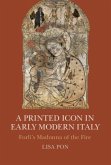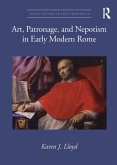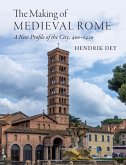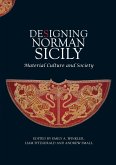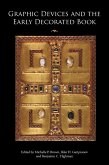This book focuses on apse mosaics in Rome, which were commissioned by a series of popes between the sixth and ninth centuries CE. Through a synchronic approach that challenges current conceptions about how works of art interact with historical time, Erik Thuno proposes that the apse mosaics produce an inter-visual network that collapses their chronological succession in time into a continuous present in which the faithful join the saints in the one living body of the Church of Rome. Throughout, this book situates the apse mosaics within the broader context of viewership, the cult of relics, epigraphic tradition, and church ritual while engaging topics concerned with intercession, materiality, repetition and vision.
Dieser Download kann aus rechtlichen Gründen nur mit Rechnungsadresse in A, B, BG, CY, CZ, D, DK, EW, E, FIN, F, GR, HR, H, IRL, I, LT, L, LR, M, NL, PL, P, R, S, SLO, SK ausgeliefert werden.




